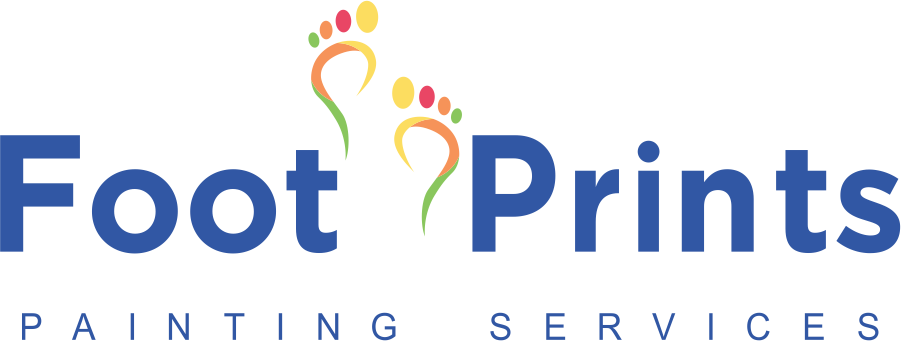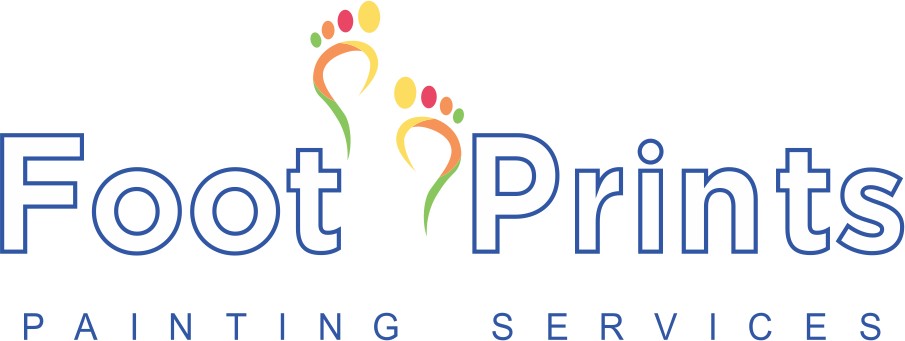A Great Checklist for Hiring a Professional Painter

Hiring a professional painter can be daunting
When it comes to hiring a professional painter for your home or business, it’s important to ensure that you’re making an informed decision. The right painting contractor can significantly enhance the appearance and value of your property, while a poor choice can lead to costly mistakes and unsatisfactory results. To help you make the best decision, here’s a checklist of key factors to consider when hiring a professional painter.
Experience and Expertise
- Years in Business: Check how long the professional painter or company has been in business. Experienced painters are more likely to deliver high-quality results.
- Specialization: Ensure the company specializes in the type of painting you need (e.g., interior, exterior, residential, or commercial).
- Portfolio: Ask to see examples of their previous work. A reputable company will have a portfolio showcasing completed projects.
Reputation and References
- Online Reviews: Look at customer reviews on platforms like Google, Yelp, or the Better Business Bureau. Consistently positive reviews are a good sign.
- References: Request references from past clients. Contact these references to ask about their experience with the painter.
- Word of Mouth: Ask friends, family, or neighbors for recommendations. Personal referrals can provide valuable insights.
Licensing and Insurance
- Licenses: Ensure the professional painter is properly licensed in your state or local area. Licensing requirements vary, so check what’s required where you live.
- Insurance: Verify that the company carries liability insurance and workers’ compensation. This protects you from liability in case of accidents or damage during the project.
Detailed Written Estimate
- Scope of Work: The estimate should clearly outline the scope of work, including preparation, painting, and cleanup.
- Materials and Products: Ensure the estimate specifies the types and brands of paint and materials to be used. High-quality products typically yield better, longer-lasting results. Do they use premium products like Behr, Kelley Moore, or Sherwin Williams? That is important.
- Cost Breakdown: The estimate should provide a detailed cost breakdown, including labor, materials, and any additional fees.
- Timeline: Ask for an estimated timeline for the project’s completion. This helps you plan accordingly and ensures the work will be done promptly.
Contract and Warranty
- Written Contract: Ensure that all agreed-upon terms are included in a written contract. This document should cover the scope of work, payment terms, and start and finish dates.
- Warranty: Ask about the warranty on the painter’s work. Reputable painters often offer warranties that cover workmanship and materials for a certain period.
Preparation and Cleanup
- Surface Preparation: Confirm that the professional painter will handle proper surface preparation, such as cleaning, sanding, and priming. This is crucial for a durable finish.
- Cleanup: Ensure the contract includes a thorough cleanup process. The painter should leave your property as clean as they found it, with no paint splatters or debris.
Communication and Professionalism
- Responsiveness: Pay attention to how promptly the professional painter responds to your inquiries. Good communication is key to a successful project.
- Professionalism: Observe the painter’s professionalism during the consultation. They should be punctual, respectful, and attentive to your needs and preferences.
Pricing and Payment Terms
- Competitive Pricing: Obtain multiple estimates to compare pricing, but be wary of offers that seem too good to be true—they may indicate lower quality.
- Payment Schedule: Clarify the payment schedule. Typically, you shouldn’t pay the full amount upfront; a deposit followed by payments upon milestones is common.
Safety Considerations
- Safety Protocols: Ask about the safety protocols the painting company follows, especially if the project involves high areas or hazardous materials.
- Lead Paint: If your home was built before 1978, confirm that the painter is certified to handle lead paint safely.
Flexibility and Customization
- Color Consultation: See if the painter offers color consultation services to help you choose the right shades and finishes.
- Customization: Ensure the painter is willing to accommodate any specific requests or customization you desire, such as unique color combinations or specialty finishes.
By following this checklist, you’ll be better equipped to hire a professional painter that meets your needs and delivers high-quality results, ensuring a smooth and successful painting project.


